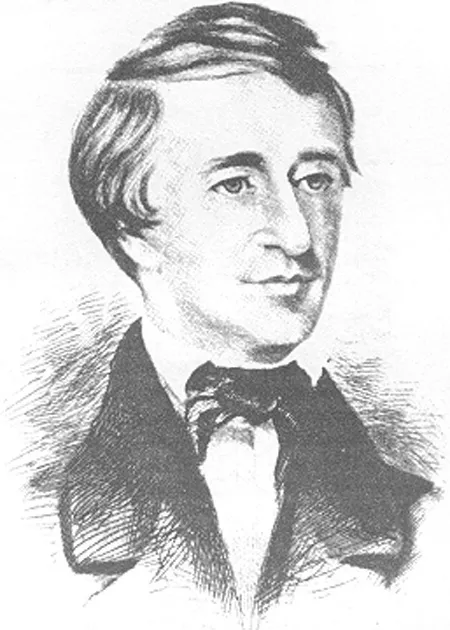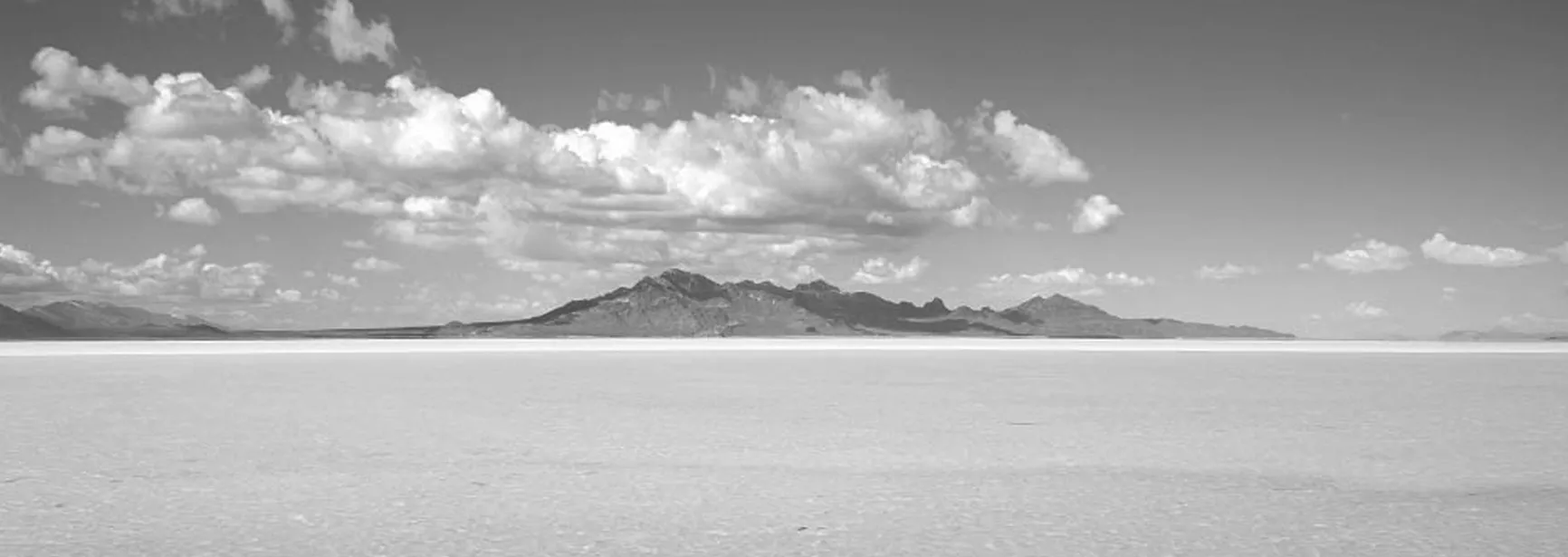《瓦尔登湖》(节选一)
2018-01-06亨利戴维梭罗译李家真
文/亨利·戴维·梭罗译/李家真
《瓦尔登湖》(节选一)
文/亨利·戴维·梭罗译/李家真1

每个早晨都是一张喜人的请柬,邀请我把自己的生活变得像大自然一样简单,还可说是像大自然一样纯真。我向来崇拜奥萝拉,跟古希腊人一样虔诚。我总是早早起床,到湖里去洗浴,这既是一种宗教仪式,也是我做得最满意的事情之一。有人说,成汤王的浴盆上刻着这么一些文字:“苟日新,又日新,日日新。”我对这些话心有戚戚。晨曦使得英雄时代重返人间。曙光初现之时,我开着门窗坐在屋里,一只蚊子在屋里飞来飞去,遵循着我无法看见也无从想象的飞行路线。蚊子发出微弱的嗡嗡声,带给我的震撼绝不亚于任何歌颂英名的号角。嗡嗡声好比荷马的安魂曲,蚊子本身则好比飞舞空中的《伊利亚特》和《奥德赛》,吟唱的是它自己的愤怒与漂泊。这样的情形小中见大,如同一则未予作废即为有效的长期广告,昭示着万事万物生生不息的活力与繁殖力。早晨是觉醒的时辰,是一天里最可贵的一段光阴。晨间我们绝少睡意,我们身上那个昼夜昏睡的部分,晨间至少能保持一个钟头的清醒。如果我们不是在灵性驱策之下自发醒来,而是靠仆人按部就班地把我们推醒,如果唤醒我们的是工厂的铃声,而不是焕然一新的毅力与抱负、抑扬顿挫的天籁和漫溢空中的香气,如果我们起身迎接的并不是一种比睡下时崇高的生活,那么,接下来的这个白昼必定是空虚无望,甚至配不上白昼的名称。果真如此的话,黑暗就结出了果实,并且借此证明,光明也并不比它美好。每个白昼都包孕着一个比它早、比它神圣、尚未遭人亵渎的破晓时辰,人若是不相信这件事情,那便是绝望于生活,走的是一条越来越黑暗的下坡路。每一天,经历过感官生活的部分中断之后,人的灵魂,确切说是承载灵魂的器官,便会再一次充满活力,人的灵性也会再一次趋向它力所能及的崇高生活。要我说,值得铭记的事件全都发生在晨间,发生在晓风曙色之中。《吠陀》有云,“一切智慧,与晨俱醒。”诗歌与艺术,以及人类那些至为美好、至为特殊的行动,无不肇端于这样的时辰。跟曼侬一样,所有的诗人和英雄都是奥萝拉的子嗣,会在日出时奏响他们的乐章。人若是拥有与太阳同步的鲜活思维,便可把白昼变成一个绵延无尽的早晨。不管时钟指示了怎样的数字,也不管旁人有着怎样的心态和作息安排,只要我醒着,心里有曙光,时候便是早晨。洗心革面,其实就是驱散睡意的尝试。人们把自个儿的日子过得如此不堪,要不是因为他们一直处于沉睡不醒的状态,还能是因为什么呢?他们并不是这么不会过日子啊。要是没有向倦意缴械投降的话,他们本可以有所作为。清醒得足可运用体力的人,数目以百万计,清醒得足可善用头脑的人,却只有百万分之一,清醒得足可追求诗意生活或圣洁生活的人,更只有一亿分之一。醒着才是活着。我从来不曾遇见十足清醒的人,又怎会有缘目睹他的容颜? □
Every morning was a cheerful invitation to make my life of equal simplicity, and I may say innocence, with Nature herself. I have been as sincere a worshipper of Aurora2奥萝拉,罗马神话中的曙光女神,相当于希腊神话as the Greeks. I got up early and bathed in the pond; that was a religious exercise, and one of the best things which I did. They say that characters were engraven on the bathing tub of King Tching Thang3“成汤王”即商汤。《礼记·大学》第三章有云:“汤之《盘铭》曰,‘苟日新,又日新,日日新’。”朱熹在《四书集注》中注解这句话时说:“盘,沐浴之盘也。”to this effect: “Renew thyself completely each day; do it again, and again, and forever again.” I can understand that. Morning brings back the heroic ages4这里特指古希腊的英雄时代(Heroic Age)。公元前八世纪的希腊诗人赫西俄德(Hesiod)把人类历史划分为五个时代,依次为黄金时代、白银时代、青铜时代、英雄时代和诗人自己所在的黑铁时代。英雄时代以希腊奠基为开端,以特洛伊战争为结束,赫拉克勒斯、忒修斯和阿喀琉斯等半神半人的伟大英雄都属于这一时代。. I was as much affected by the faint hum of a mosquito making its invisible and unimaginable tour through my apartment at earliest dawn, when I was sitting with door and windows open, as I could be by any trumpet that ever sang of fame. It was Homer’s requiem5参照多位西方学者的看法,梭罗说到“荷马的安魂曲”,可能是因为荷马在《伊利亚特》当中写到了某种昆虫的“勇猛”。据《伊利亚特》所载,特洛伊战争当中,雅典娜想要鼓舞墨涅拉俄斯(Menelaus, 海伦的丈夫)的斗志,便往他心里注入了“蜉蝣的勇猛,它虽遭人奋力驱赶,却仍然疯狂叮咬,因为人血是它心目中的天界佳酿”。(引文系译者由美国诗人罗伯特·菲茨杰拉德的《伊利亚特》英译本译出)依英译本不同,这里的“蜉蝣”亦作“蚊子”“苍蝇”或“黄蜂”。; itself an Iliad and Odyssey in the air, singing its own wrath and wanderings6《奥德赛》(Odyssey)也是荷马史诗,为《伊利亚特》续篇。《伊利亚特》以叙写阿喀琉斯的愤怒开篇,《奥德赛》则叙写了希腊英雄俄底修斯(Odysseus)在特洛伊战争之后的漂泊旅程,故有“愤怒与漂泊”之说。. There was something cosmical about it; a standing advertisement, till forbidden7till forbidden译为“未予作废即为有效”,广告业行话,意思是某则广告长年有效,除非广告主声明广告作废。, of the everlasting vigor and fertility of the world. The morning, which is the most memorable season of the day, is the awakening hour. Then there is least somnolence in us; and for an hour, at least, some part of us awakes which slumbers all the rest of the day and night. Little is to be expected of that day, if it can be called a day, to which we are not awakened by our Genius, but by the mechanical nudgings of some servitor, are not awakened by our own newly acquired force and aspirations from within, accompanied by the undulations of celestial music, instead of factory bells, and a fragrance fi lling the air—to a higher life than we fell asleep from; and thus the darkness bear its fruit, and prove itself to be good, no less than the light. That man who does not believe that each day contains an earlier, more sacred, and auroral hour than he has yet profaned, has despaired of life, and is pursuing a descending and darkening way. After a partial cessation of his sensuous life, the soul of man, or its organs rather, are reinvigorated each day, and his Genius tries again what noble life it can make.8在本书篇章“春”当中,梭罗引用了《孟子》的语句来进一步阐发此处所说的道理,可参看。All memorable events, I should say, transpire in morning time and in a morning atmosphere. TheVedas9《吠陀》,印度最古老也最重要的宗教及哲学文献集,按通常说法包括《梨俱吠陀》(Rigveda)、《娑摩吠陀》(Samaveda)、《夜柔吠陀》(Yajurveda)和《阿达婆吠陀》(Atharvaveda)四个部分。梭罗引用的这句话不详所自,一些西方学者说它出自亨利·科尔布鲁克(Henry Colebrooke)等人译注的古印度经典《数论颂》(Sankhya Karika,牛津大学1837年印行的版本),但译者没有从该书找到对应文字。say, “All intelligences awake with the morning.”Poetry and art, and the fairest and most memorable of the actions of men, date from such an hour. All poets and heroes, like Memnon10曼侬,希腊神话中的埃塞俄比亚国王,曙光女神埃俄斯(亦即罗马神话中的奥萝拉)的儿子,死后成为神祇。尼罗河畔有被人误称为曼侬神像的巨型法老塑像,据说会在日出时发出乐声。, are the children of Aurora, and emit their music at sunrise. To him whose elastic and vigorous thought keeps pace with the sun, the day is a perpetual morning. It matters not what the clocks say or the attitudes and labors of men. Morning is when I am awake and there is a dawn in me. Moral reform is the effort to throw off sleep. Why is it that men give so poor an account of their day if they have not been slumbering? They are not such poor calculators. If they had not been overcome with drowsiness, they would have performed something. The millions are awake enough for physical labor; but only one in a million is awake enough for effective intellectual exertion, only one in a hundred millions to a poetic or divine life. To be awake is to be alive. I have never yet met a man who was quite awake. How could I have looked him in the face?


Walden(Exerpt I)
ByHenry David Thoreau
1 川人,1972年生,曾任《中国文学》执行主编及《英语学习》副主编,现居北京,专事文字。写有大量随笔,译有《采果集》(Fruit-Gathering)、《流萤集》(Fire fl ies)、《吉檀迦利》(Gitanjali)、《园丁集》(The Gardener)、《丘吉尔传》(Churchill: An Unruly Life)、《先知》(The Prophet)、《沙与沫》(Sand and Foam)、《流浪者》(The Wanderer)、《福尔摩斯探案全集》(The Complete Sherlock Holmes)、《王尔德小说童话全集》(The Complete Oscar Wilde Stories)、《培根随笔全集》(Essays)等作品。译文节选自李家真译《瓦尔登湖》第二章“我居何所,所求者何”(Where I Lived, and What I Lived for)。
